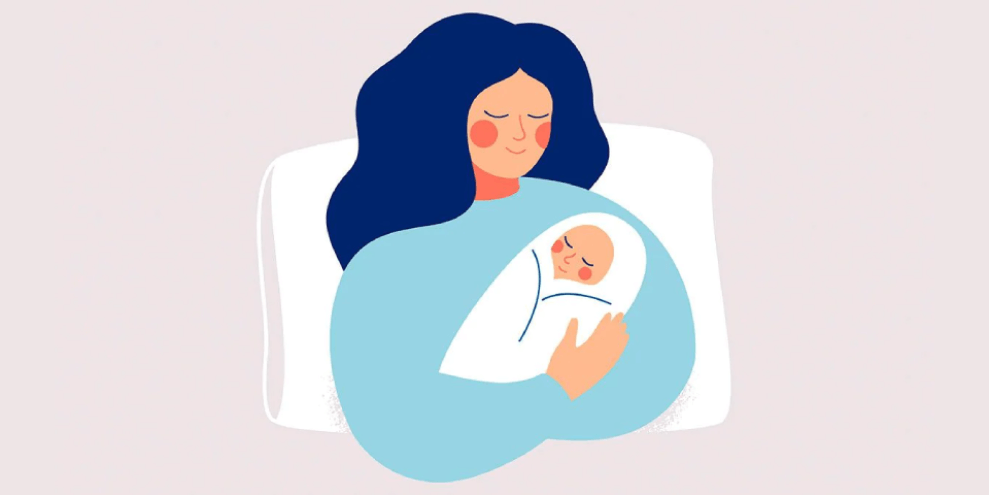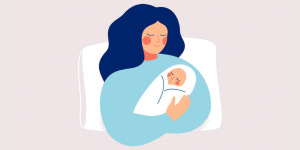Updated December 18, 2023
Workplace Pregnancy Leave Laws
Pregnancy is a transformative and pivotal time in a person’s life. To ensure the well-being of expectant parents, California has established comprehensive pregnancy leave laws that provide vital protections and benefits. These laws encompass various aspects, including job protection, maternity and paternity leave, disability benefits, and reasonable accommodations. In this guide, we will explore California’s pregnancy leave laws in detail, highlighting the eligibility criteria, duration of leave, pay options, and avenues for recourse in case of discrimination or wrongful termination.
Pregnancy Disability Leave (PDL)
California’s Pregnancy Disability Leave (PDL) law offers essential job protection and unpaid leave to eligible employees during pregnancy, childbirth, loss of pregnancy, and related physical and mental conditions. Under PDL, eligible employees can take up to four months of leave per pregnancy. The qualifying reasons for PDL include incapacity due to pregnancy, prenatal or postnatal care, severe morning sickness, doctor-ordered bed rest, childbirth, recovery, and any other pregnancy-related medical condition.
To be eligible for PDL, an individual must be employed. The leave can be paid, unpaid, or a combination of both, depending on the specific circumstances and available pay options. Covered pay options, such as sick leave, vacation time, paid time off, or extended sick time, can be utilized during an otherwise unpaid PDL.
Eligibility for PDL and Pay Options
To determine eligibility for PDL, an employee must meet certain requirements. The individual must be employed and meet the necessary criteria for the specific type of leave they are seeking. The duration of PDL may vary depending on the employee’s medical condition and the recommendation of their healthcare provider.
In terms of pay options, different scenarios exist for various categories of employees. For campus policy-covered employees, the applicable union collective bargaining agreements or the Personnel Policy for Staff Members (PPSM) provide guidance on covered pay options. Health policy-covered employees should refer to UCSF Health Policies and Guidelines. Union-represented employees from both campus and health sectors can consult their respective bargaining units and contracts.
Additionally, disability pay, including basic disability and voluntary short-term disability, can be utilized during the PDL period. The duration of disability pay typically begins after a waiting period and continues for a determined number of weeks after childbirth, as advised by the medical provider.
California Family Rights Act (CFRA) and Parental Bonding Leave
In addition to PDL, the California Family Rights Act (CFRA) provides eligible employees with up to 12 weeks of unpaid leave for parental bonding or to recover from a serious health condition. The CFRA applies to both male and female parents, transgender individuals, nonbinary parents, adoptive parents, foster parents, and same-sex parents.
Under the CFRA, each parent is entitled to take up to 12 weeks of leave, regardless of whether they work for the same employer. This means that both parents have the opportunity to bond with their new child individually, without having to share the 12 weeks of parenting leave, as required under the federal Family and Medical Leave Act (FMLA).
To be covered by the CFRA, an employee must have a new child through birth, adoption, or foster care placement. They must have worked for their employer for at least one year, completed at least 1,250 hours of work in the previous year, and work for an employer with a minimum of five employees.
Reasonable Accommodation Leave
California law mandates that employers make reasonable accommodations for pregnant employees who require them. Even after completing the four months of PDL, pregnant employees are entitled to reasonable accommodations for their pregnancy-related disabilities. These accommodations should be provided as long as they do not create undue hardship for the business.
Reasonable accommodations can encompass various changes to the work environment or job duties to accommodate the employee’s pregnancy disability. Examples of reasonable accommodations include additional breaks during the workday, modifications to work duties to accommodate lifting restrictions, flexible work hours due to morning sickness, and additional reasonable accommodation leave at the conclusion of PDL.
The federal Pregnant Workers Fairness Act (PWFA) also protects the rights of pregnant employees, requiring employers with 15 or more employees to provide reasonable accommodations unless it would cause undue hardship for the business. Time off work can be considered a reasonable accommodation under the law.
Paid Leave Benefits
While the aforementioned leaves are job-protected but unpaid, California stands out as one of the few states that offer paid leave benefits for specific situations. The two primary programs providing paid leave benefits are the Short-Term Disability Insurance (SDI) program and the Paid Family Leave (PFL) program.
The SDI program offers partial wage replacement for individuals who are temporarily unable to work due to disability, including pregnancy and childbirth. This program can provide benefits for up to 52 weeks or 39 weeks for self-employed individuals. The amount of benefits is calculated based on the employee’s wages during the base period, with a maximum weekly benefit amount.
The PFL program, operated by the California Employment Development Department (EDD), offers up to eight weeks of partial wage replacement for employees taking time off to bond with a new child. The benefit amount is also determined based on the employee’s wages during the base period, with a maximum weekly benefit amount. Importantly, SDI and PFL benefits are not subject to taxation in California.
Requesting Pregnancy, Parental, or Maternity Leave
Employees who wish to take pregnancy, parental, or maternity leave should provide their employer with at least 30 days’ notice, if possible. The specific method for requesting leave may vary depending on the employer, with some requiring written notice and others accepting oral notice.
For leaves under PDL and CFRA, employees may need to provide their employer with a medical certification from their healthcare provider. This certification serves to verify the need for leave due to pregnancy-related disabilities and supports the employee’s request for job-protected time off.
Additionally, employees may need to follow specific procedures for filing disability claims, which can be done through providers such as Lincoln Financial Group. Familiarizing oneself with the required steps and documentation is essential to ensure a smooth and efficient leave process.
Protection Against Discrimination and Wrongful Termination
California law explicitly prohibits employers from discriminating against individuals due to their pregnancy or related conditions. It is illegal for employers to engage in demotion, termination, refusal to hire, or any other form of discrimination based on pregnancy, childbirth, or being a new parent.
However, there are certain exceptions to this rule. Employers with fewer than five employees are not covered by California parental leave or pregnancy disability laws and may terminate employees for taking leave. Additionally, employees who have worked for their employer for less than one year or fewer than 1,250 hours in the previous 12 months may be subject to termination for taking parental leave under CFRA, although this exception does not apply to PDL leave.
If an employee believes they have been discriminated against, wrongfully terminated, or improperly denied their rights under pregnancy leave laws, it is advisable to seek legal counsel. Submitting a claim to California’s Civil Rights Department (CRD) is often the initial step in resolving disputes. If the agency is unable to resolve the matter, an employment discrimination lawsuit may be initiated with the assistance of an attorney.
Conclusion
California’s pregnancy leave laws are designed to safeguard the rights and well-being of expectant parents. The Pregnancy Disability Leave (PDL) law ensures job protection and unpaid leave for pregnancy-related disabilities, while the California Family Rights Act (CFRA) provides unpaid leave for parental bonding. Employees may also have access to paid leave benefits through the Short-Term Disability Insurance (SDI) and Paid Family Leave (PFL) programs. It is crucial for both employers and employees to understand these laws and their respective responsibilities to ensure a smooth and equitable leave process. In cases of discrimination or wrongful termination, seeking legal guidance can help protect an employee’s rights and hold employers accountable for their actions.
Call Setyan Law at (213)-618-3655 for a free consultation.



